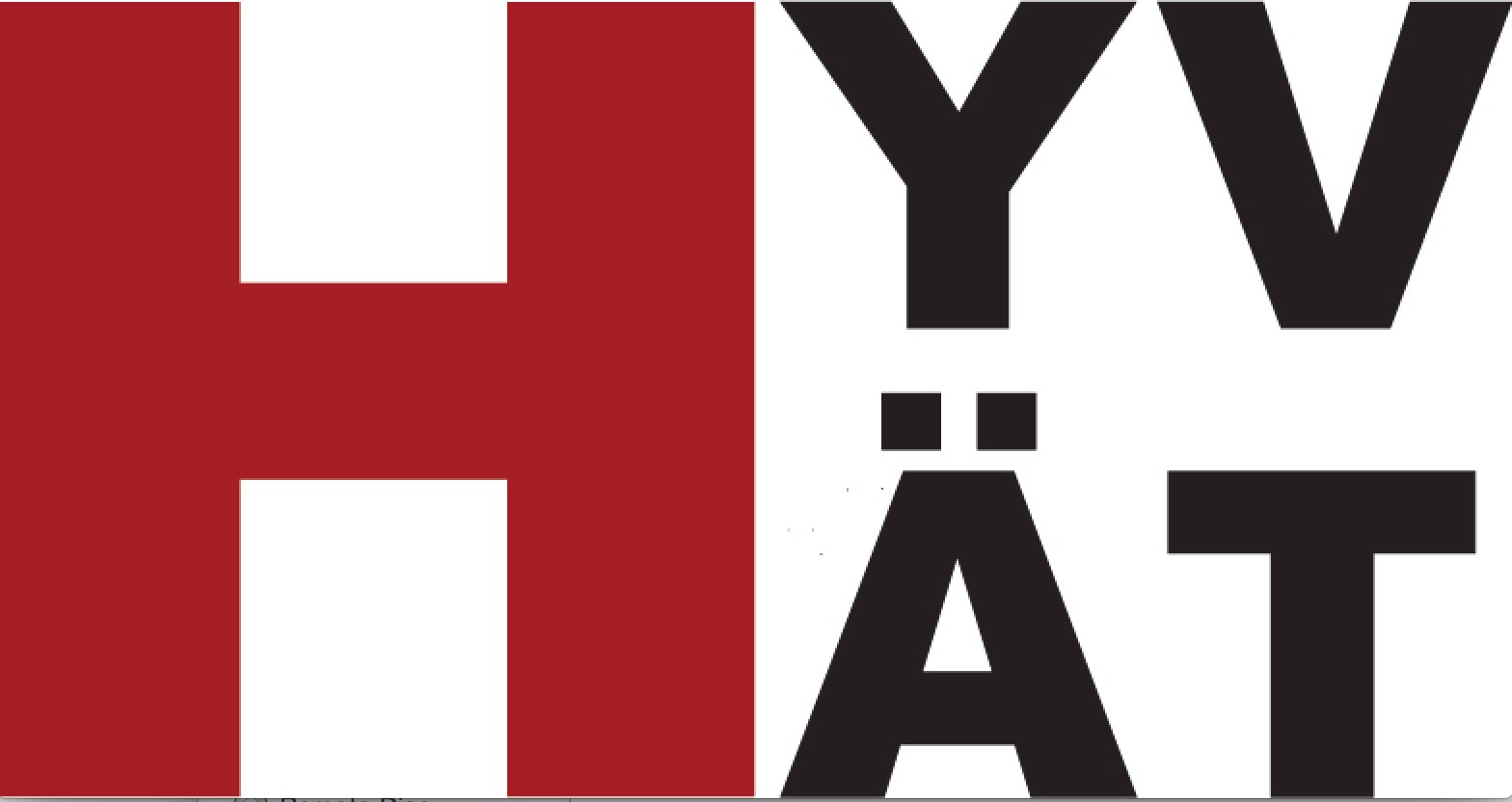The University of Helsinki conducted an evaluation of the organization of doctoral education in September 2017. The external evaluation group’s report is now published and we have collected some of the key points made by the evaluation team below. We also invite you to take a look at the entire report here.
The report can be found also in Flamma at the Finnish page for doctoral education (Tohtorioulutus -> Tohtorikoulutuksen johtaminen->Tohtorikoulutuksen kansainvälisen arvioiniryhmän raportti). [Edit at 14.50]
Over all the evaluation team was impressed with the new structure of doctoral schools and programmes, as the quote below shows, but it also pointed out aspects that need improvement.
“We were impressed by the significant progress in the last four years since the restructure of doctoral education at the University of Helsinki (UH). We felt that much effort had been on making the new structure work. Now we feel the leadership should become more strategic. They should discuss and plan how to make UH really internationally outstanding in doctoral education i.e. focus on how to make it really special and distinctive. This would help raise profile and attract more high quality international young researchers. The leadership should have oversight of both strategy and quality assurance to ensure a consistent high quality experience. We recommend that a senior academic post be established to lead this agenda. The coordinators are crucial to success and have been doing an excellent job.”
Concerning the representation of doctoral students in the administration, the evaluation team writes that they “feel that doctoral candidates should be represented on all the organs of governance of doctoral education including the Board of Directors of Doctoral Education.” As you know this will take effect next year when our first representative in this board starts her term.
The team quite clearly points out that the current inequality of students with different sources of funding cannot continue:
“We would like to see that all candidates, wherever their funding comes from, are treated equally and given the same opportunities. Students reported that self-funded students in particular were not given access to all activities and support.”
On supervision, the team’s report emphasizes the importance of supervision and recommends both educating and monitoring the supervisors, and improving the follow-up of progress of doctoral students.
Coordination of doctoral programmes is mentioned at several points in the report and coordinators are recognized as extremely important, but the report questions if they have sufficient time and resources to do their job:
“However, is their role attractive enough? Are there sufficient resources to do their job? It seemed to us that they are overloaded with in sufficient time for strategic thinking.”
Something is about to change in this matter because the university is planning to renew the coordination of doctoral programmes in some way:
“Current plans of the university to introduce three types of roles/positions (senior advisors, service coordinators and doctoral education planning officers) assuming the tasks of current coordinators and working together with the student advisors and education planning officers of faculties should offer new possibilities to tackle the coordination challenges mentioned above. Again, we would like to re-emphasise in this context the vital importance of skilled and motivated coordination.”
We are waiting for more information about how coordination will be organised in the future.
The career development of doctoral candidates is also a matter of concern, and the report states that “At present, the doctoral candidates drive the career development initiatives themselves. Although laudable, the doctoral schools should take initiatives as well in raising awareness of the plethora of job options available in Finland and elsewhere after finishing a doctorate by organizing (in a structured and recurrent way) company visits, job fairs, and testimonials. […] we also recommend the creation of a career centre with one or more career specialists with understanding of needs and various opportunities outside academia for early career researchers.”
